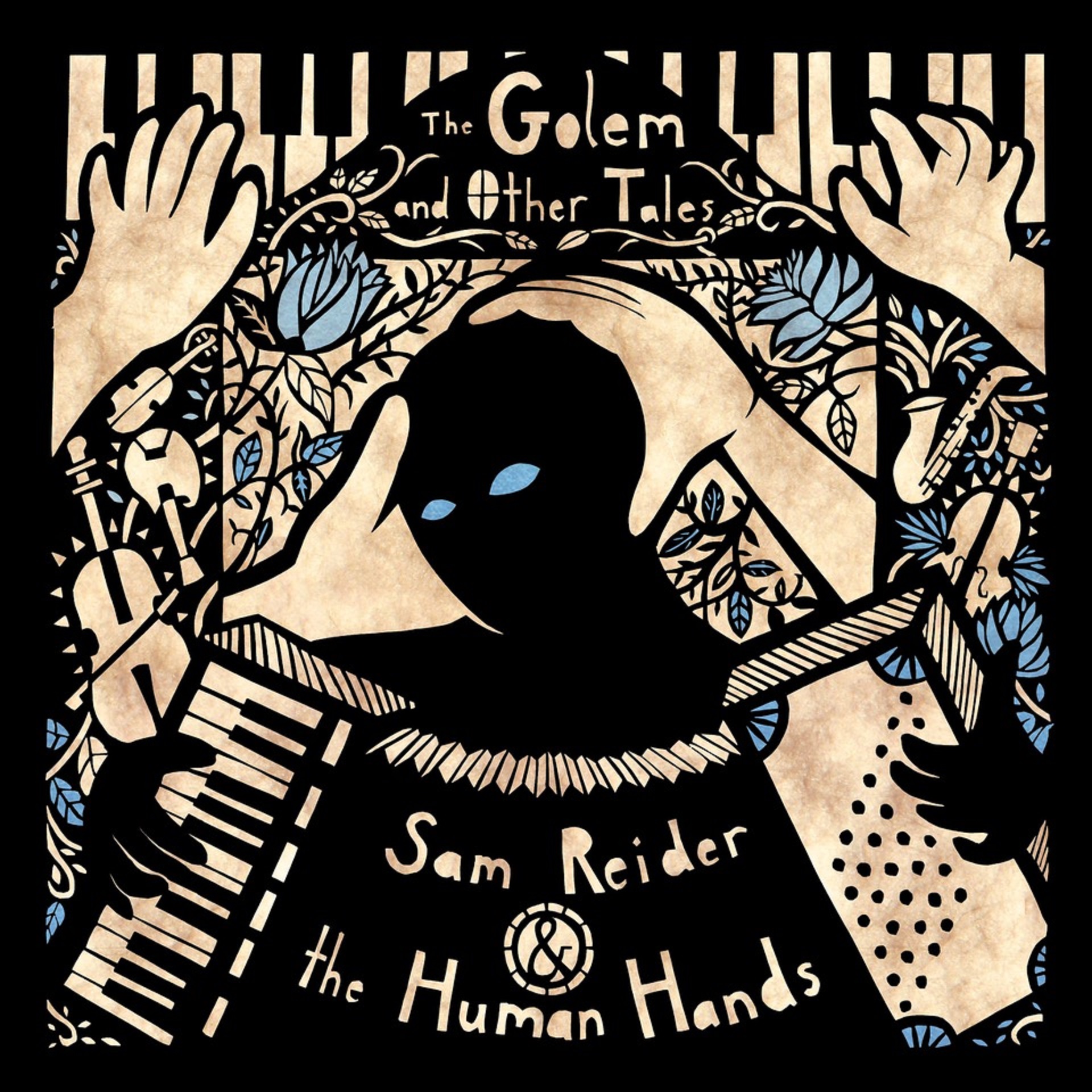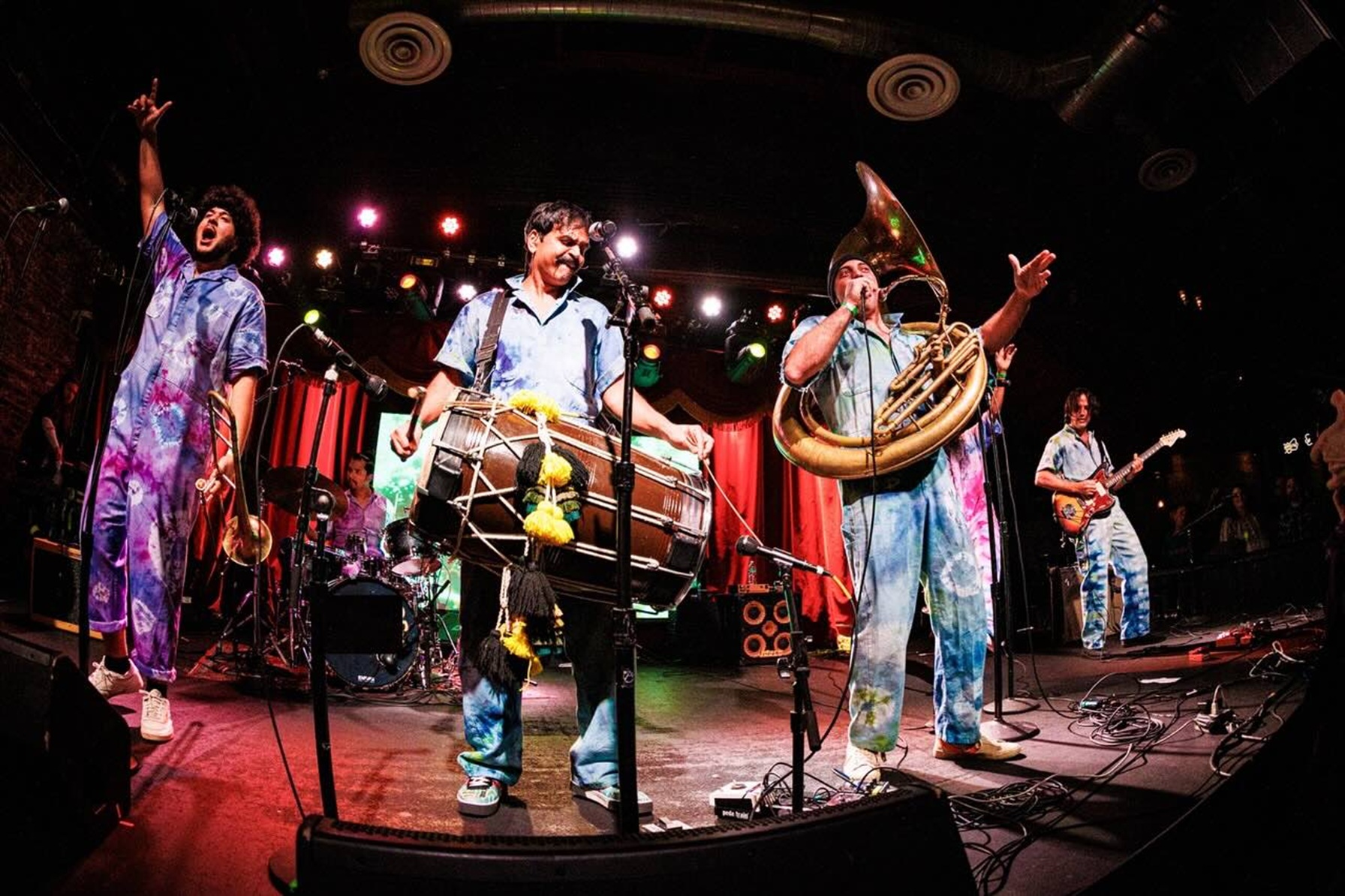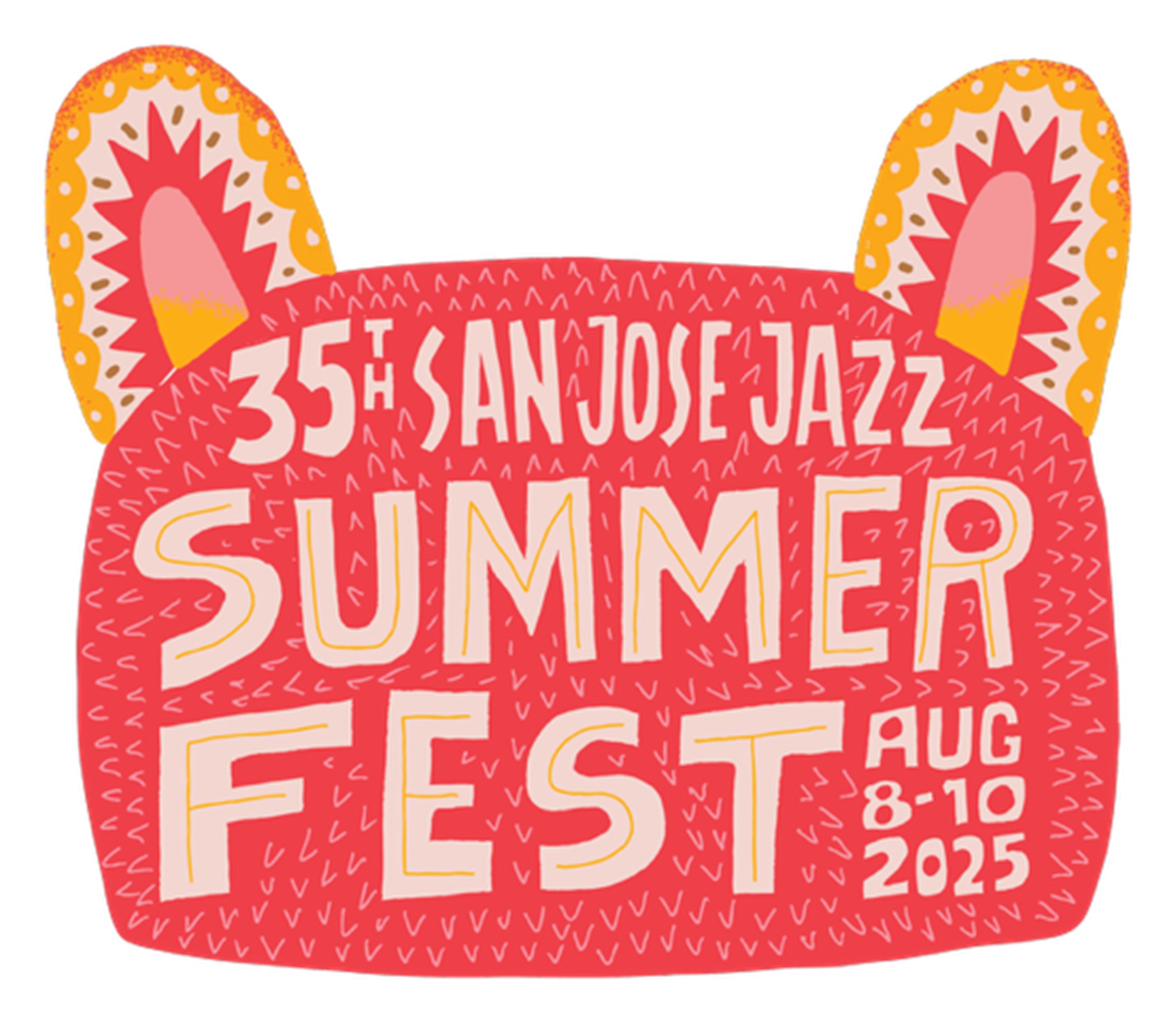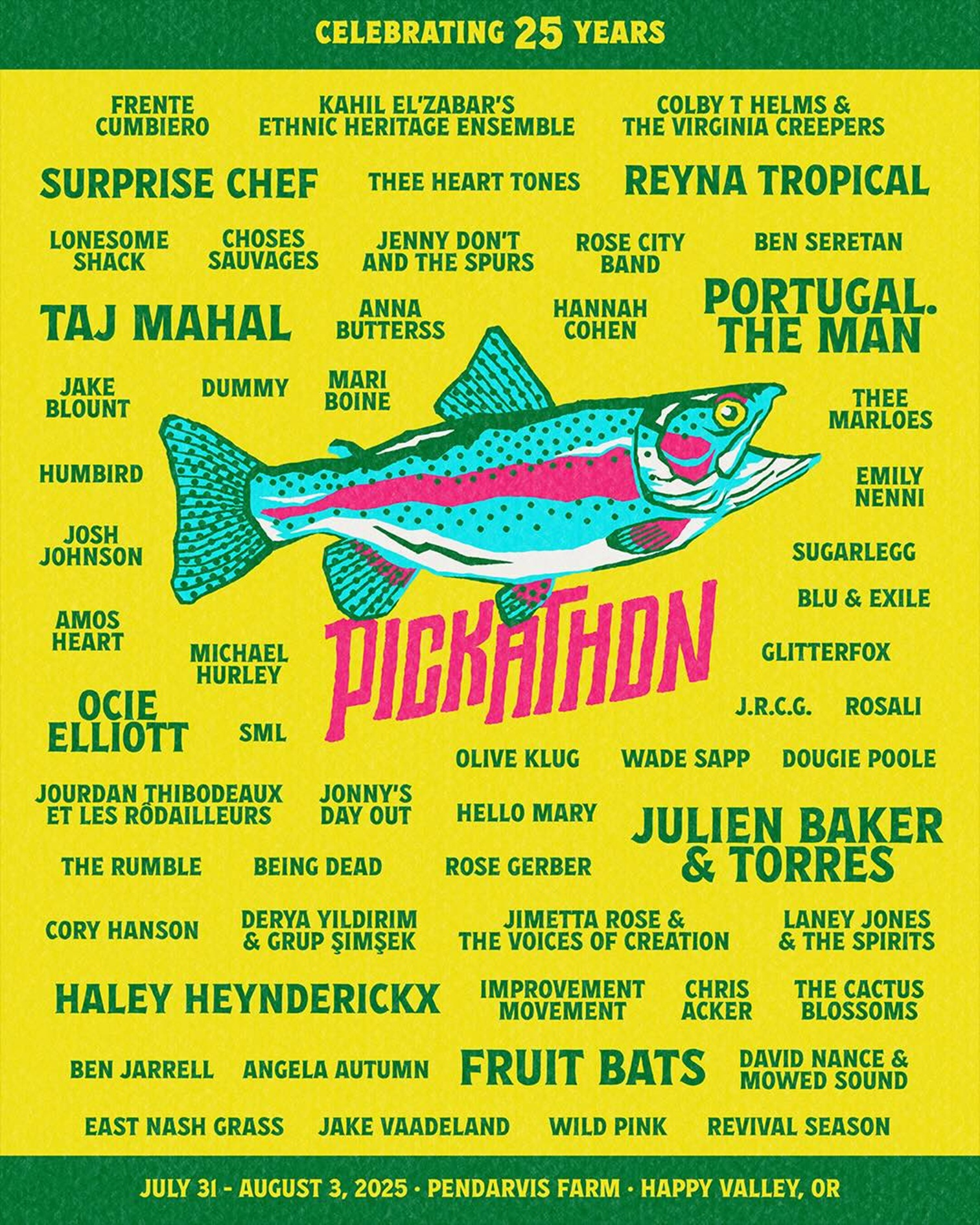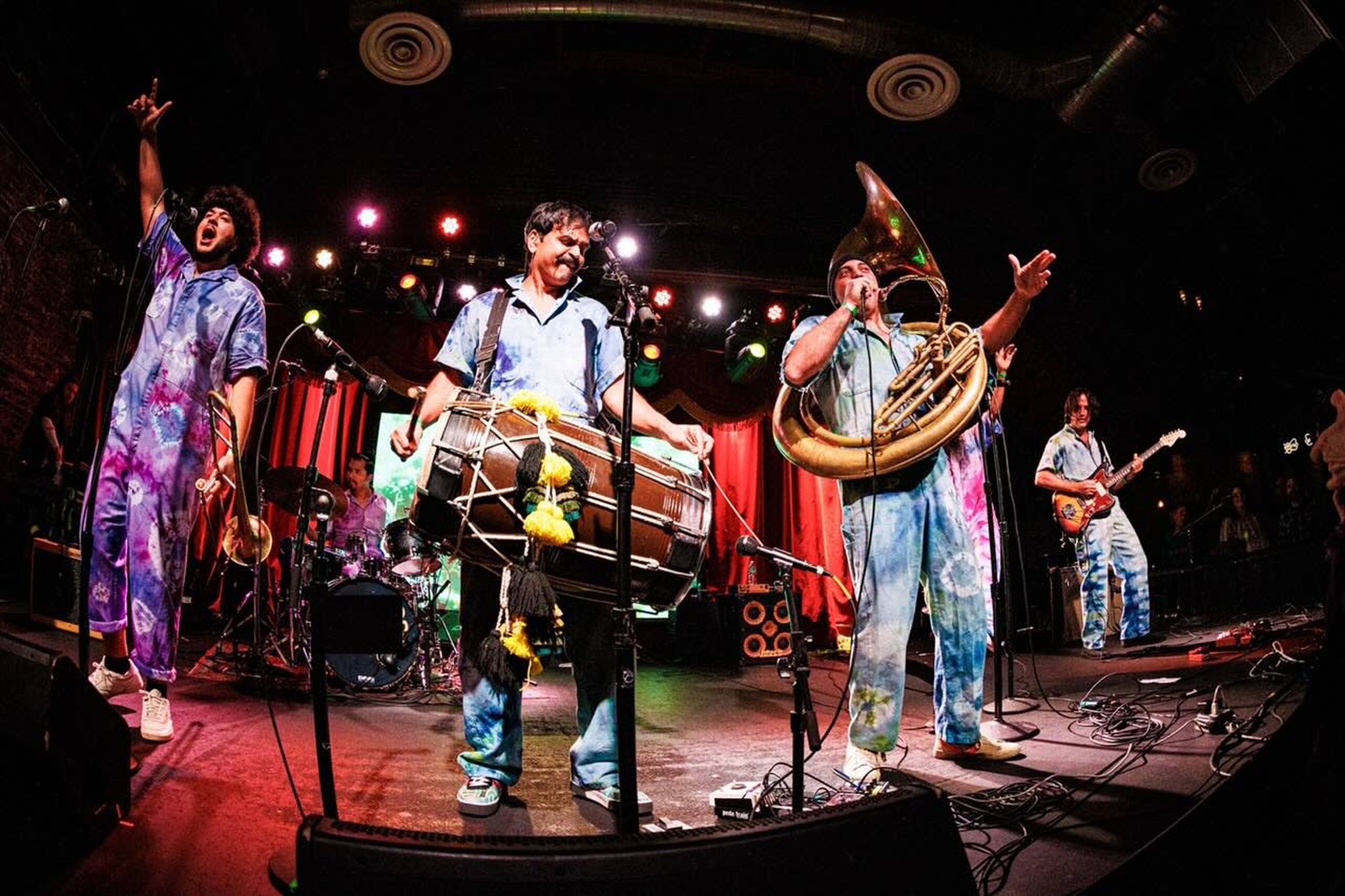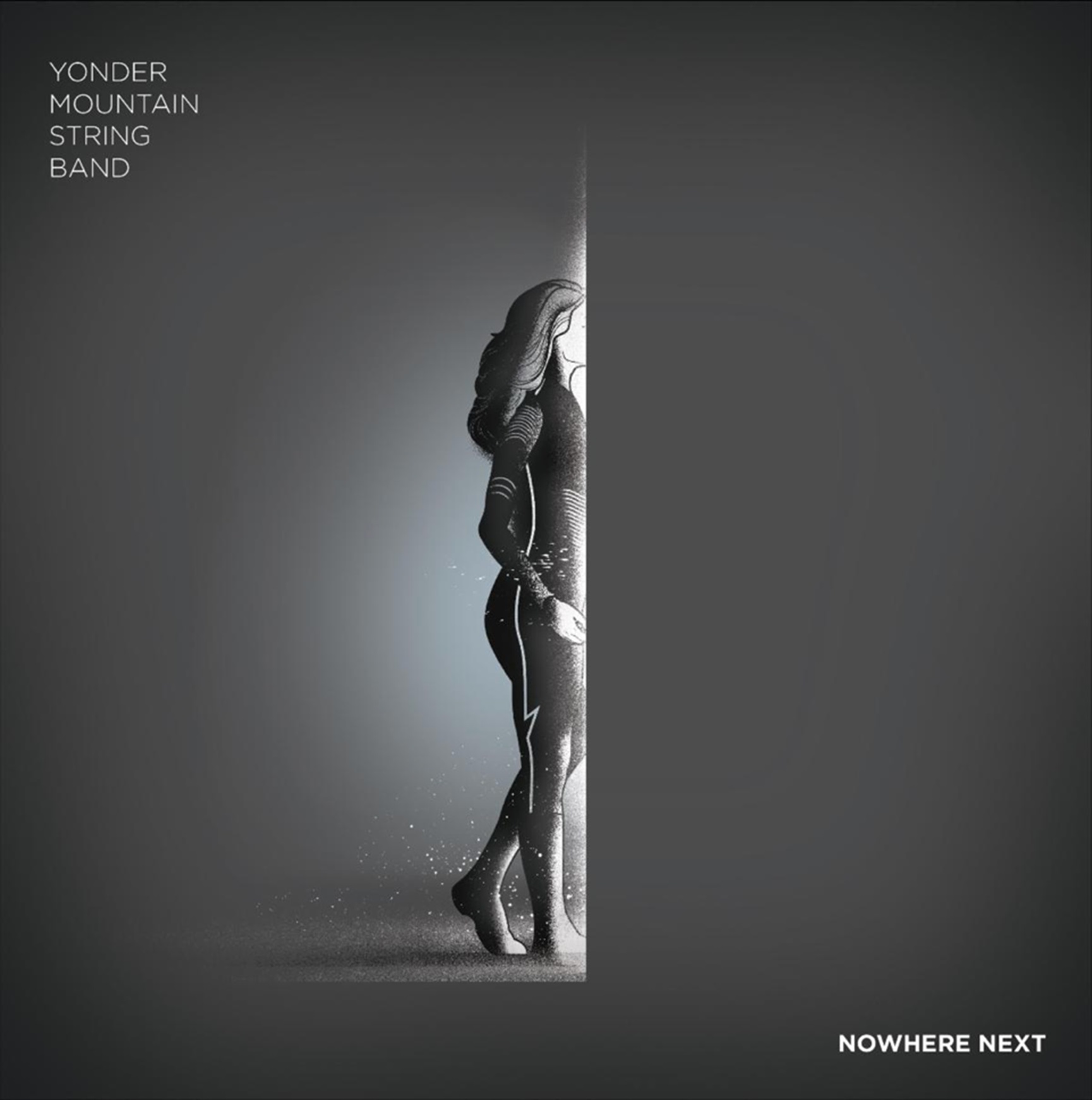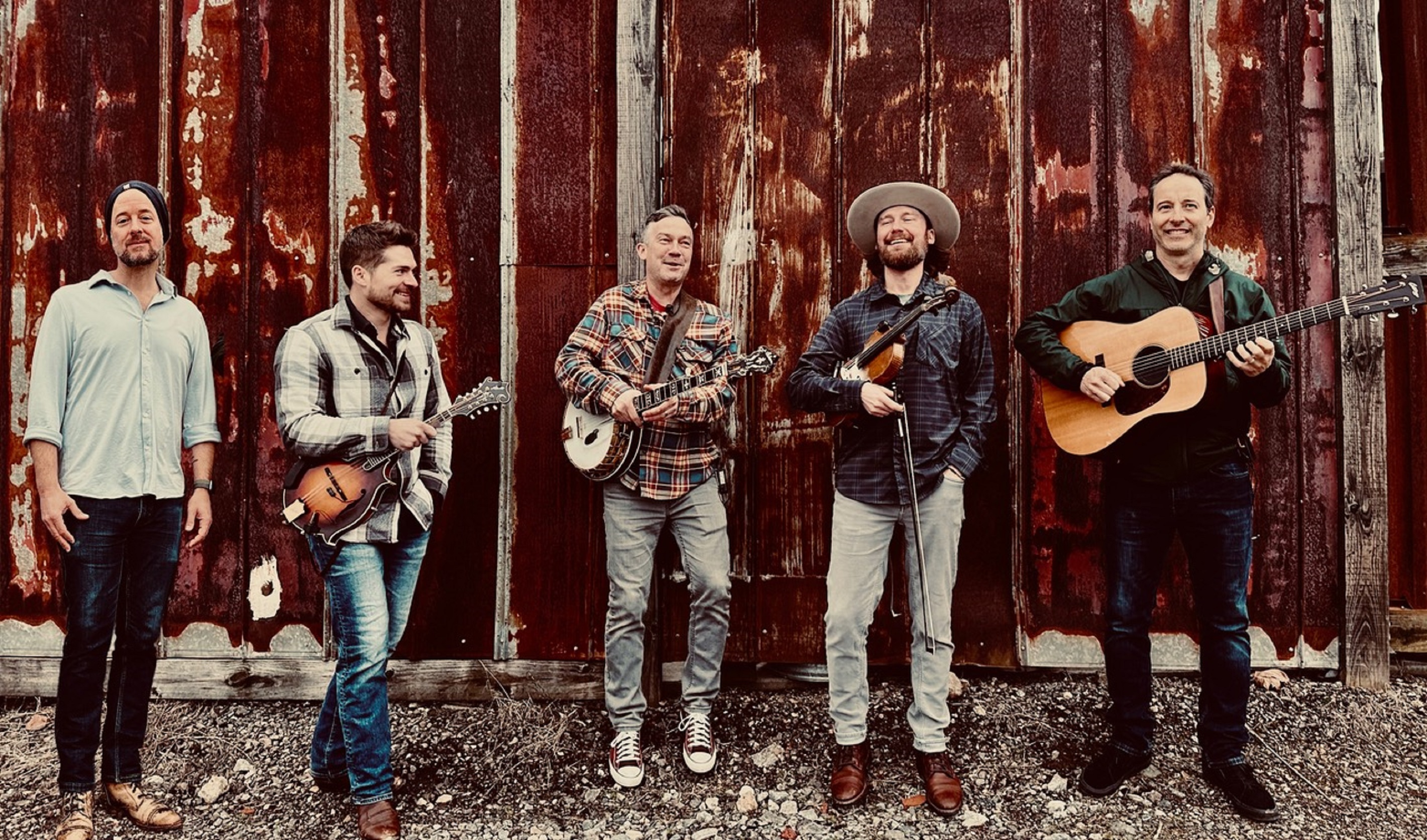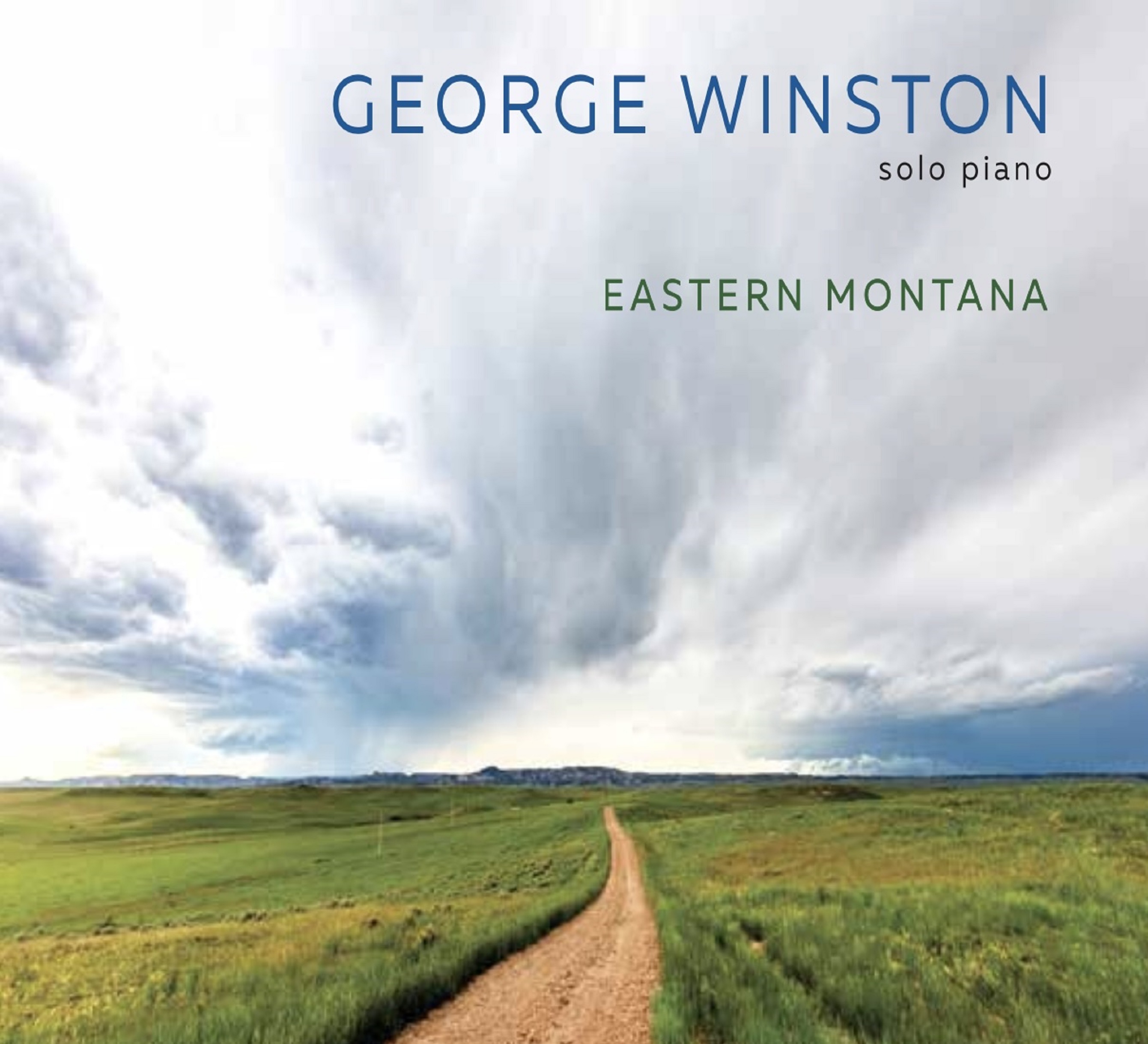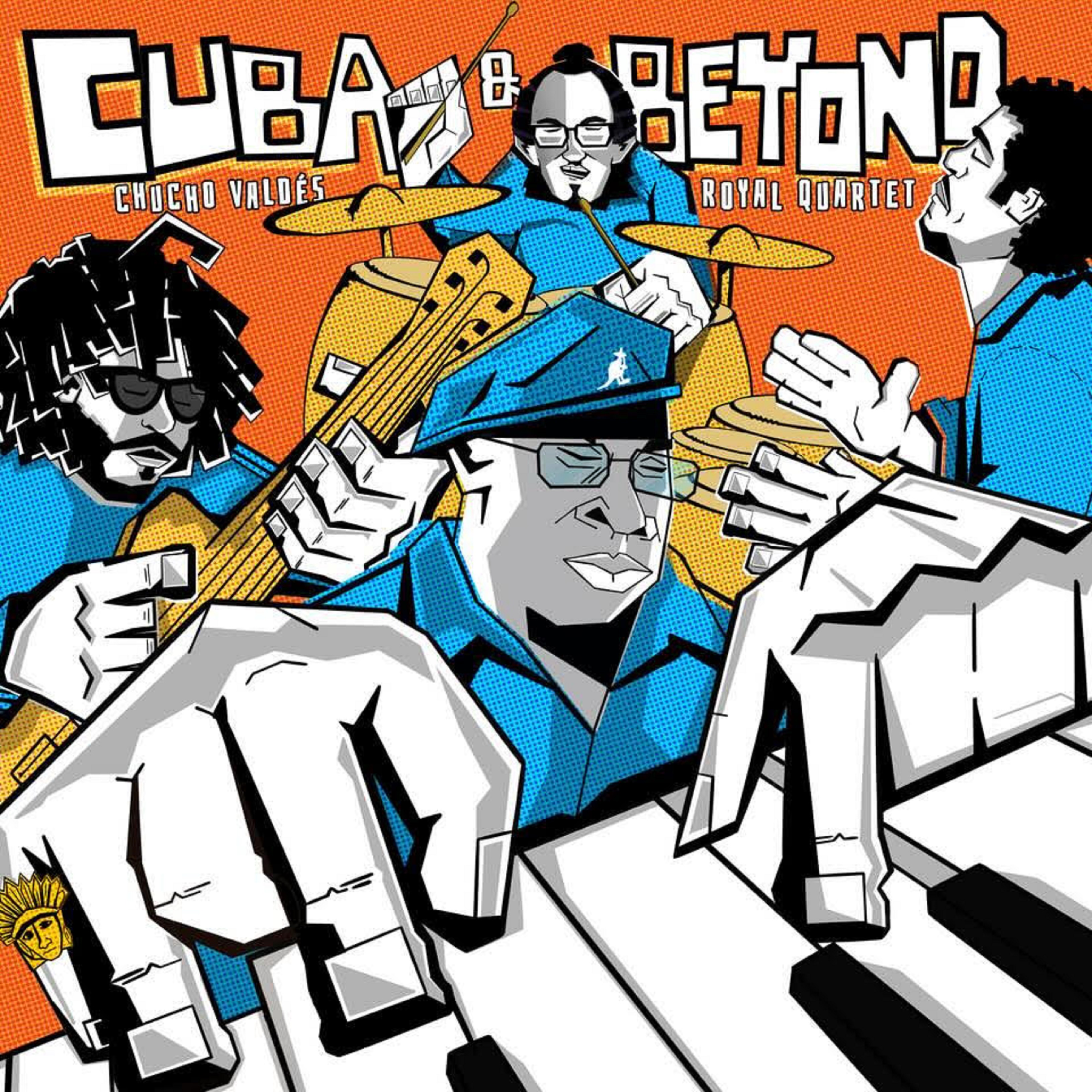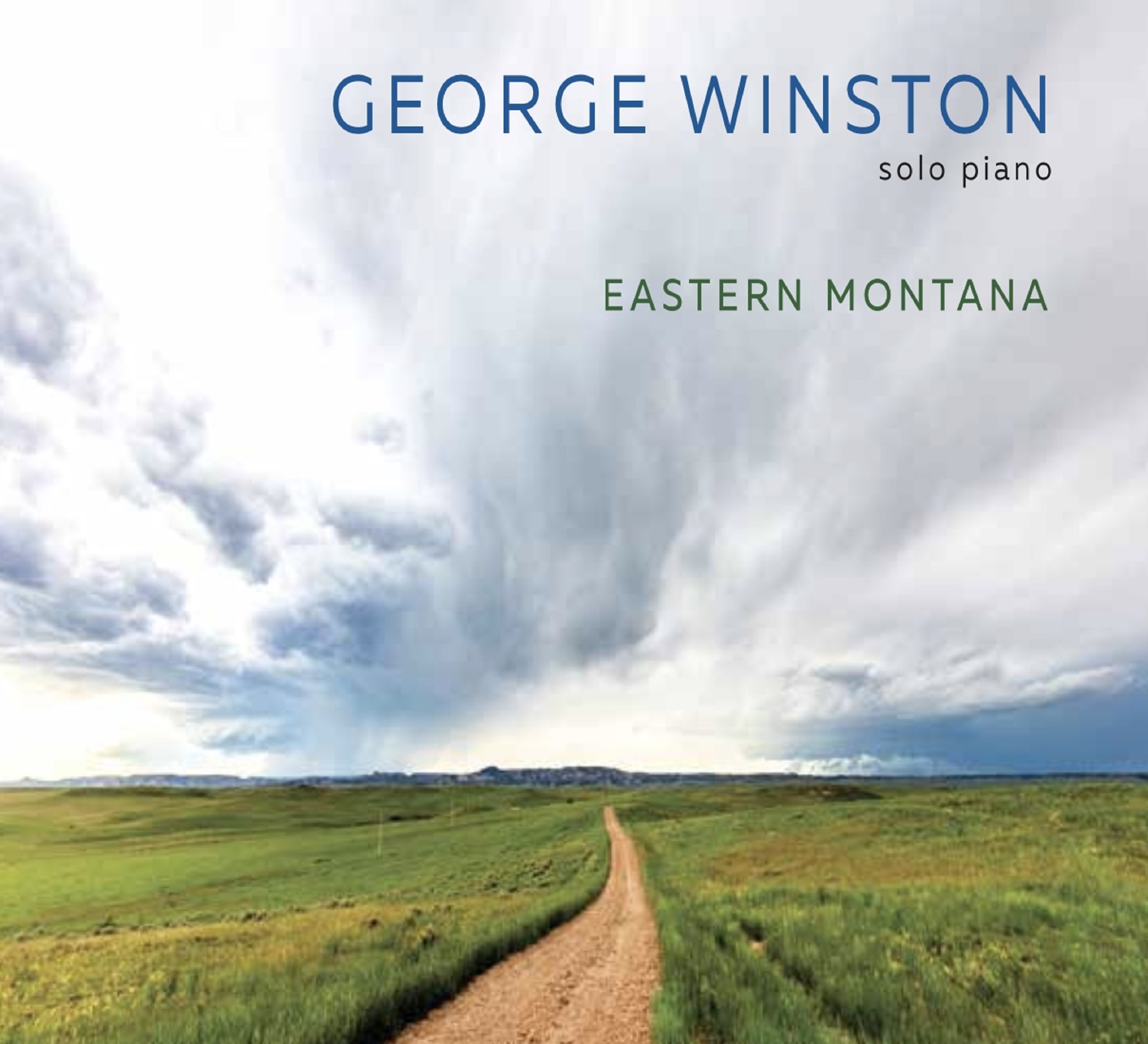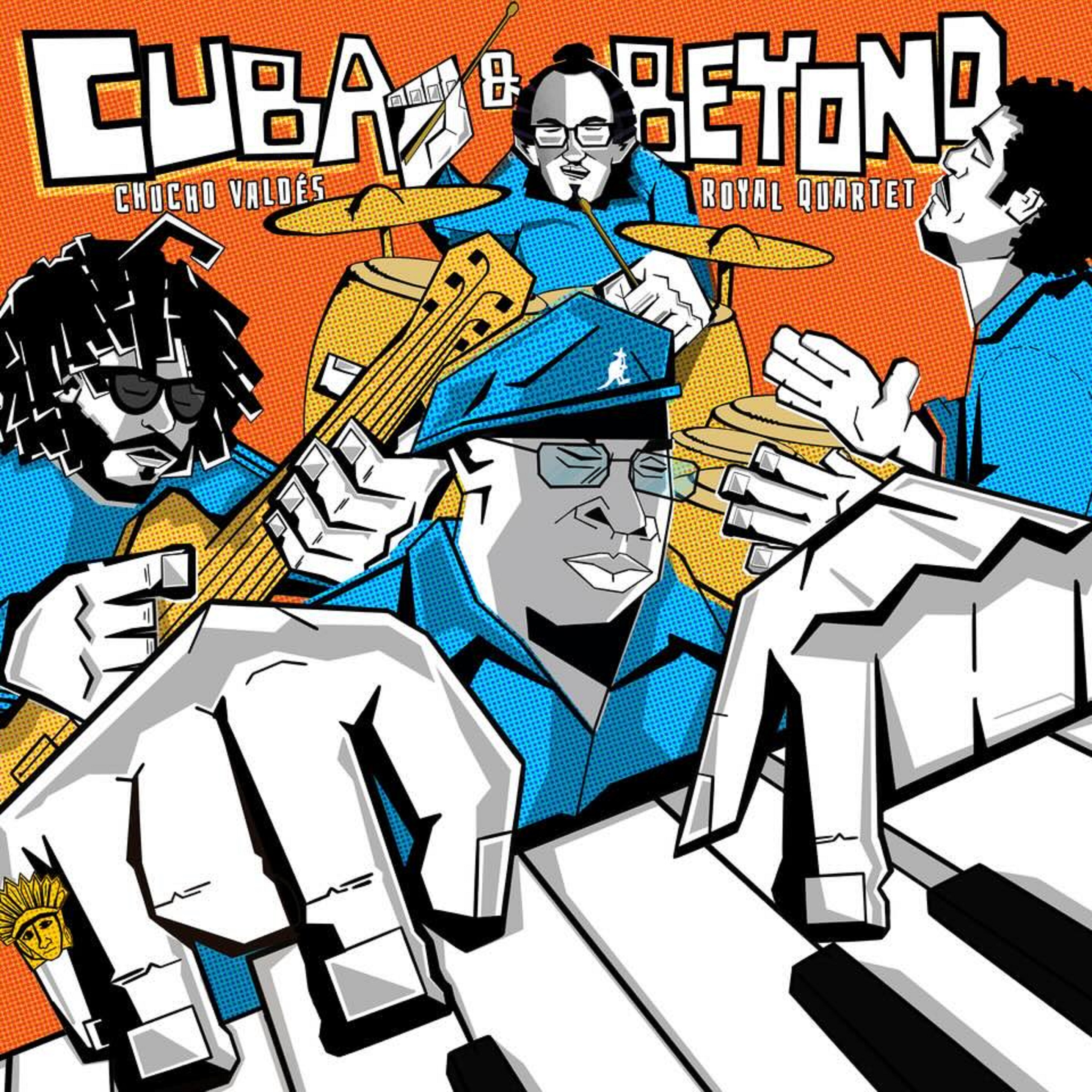Pianist, accordionist and composer Sam Reider's new album, The Golem and Other Tales, features the renowned instrumentalist alongside his all-star acoustic band the Human Hands featuring Billy Strings' violinist Alex Hargreaves, Jon Batiste's alto saxophonist Eddie Barbash, Duncan Wickel on violin, cello, and bouzouki, Molly Tuttle's mandolinist Dominick Leslie, bassist Andrew Ryan, and guitarist Roy Williams. His latest recording project follows Reider's 2023 appearance with Jorge Glem on NPR's "Tiny Desk Concert" (LINK) performing songs from their Latin GRAMMY Award-nominated duo album, Brooklyn-Cumaná (November 2022). Slated for release on June 21, 2024, The Golem and Other Tales (distribution from Free Dirt Records), is centered around Reider's original eight-part suite inspired by Isaac Bachevis-Singer's 1969 novella "The Golem," a morally ambiguous take on the ancient Jewish folktale that inspired the creation of Superman.
The Golem and Other Tales, speaks to a fraught moment for humanity. In a world in which computers and algorithms are supplanting so many creative endeavors, "the Human Hands community is about celebrating the craftsmanship and virtuosity of human musicians, largely unmediated by technology, and pushing the boundaries of what's been done before with our acoustic instruments," Sam Reider says. "This is a theme that's mirrored in 'The Golem' -- the rabbi is in a sense an artist who shapes his creation out of clay."
Reider is an artist in every sense, a player and composer with a globe-spanning vision making extraordinary music while grappling with some of our era's deepest quandaries. What does 21st century Jewish American music sound like? With The Golem and Other Tales Reider and the Human Hands confidently answer, everything.
Sam Reider & The Human Hands The Golem and Other Tales
As Isaac Bachevis-Singer's story goes in "The Golem," Prague's medieval Jewish community is under immanent threat from a malevolent Bohemian count and they find a protector in the Golem, a supernatural being conjured to life by a rabbi using arcane knowledge gleaned from a mysterious source. What could go wrong? It's a multi-faceted question that ran through Reider's soul while composing his ambitious suite. In many ways, Reider's version of "The Golem" grapples with fundamental questions about what it means to be a Jewish American artist making music in the current times.
While the Human Hands instrumentation largely overlaps with klezmer ensembles, Reider's writing doesn't draw on the celebratory secular music of Eastern European Jewry, and rather relies on folk, Americana, and jazz at its core. Whether listeners will call it chamber jazz, world jazz-grass, or cinematic folk, Reider and the Human Hands are dedicated to "taking these ancient, folkloric forms of art and making them new again," Reider says. "Folk music exists for me in a continuum of past, present, and future -- it's both a way we connect to our history and culture, but also innovate and remake it to form new ideas and new truths."
A savvy and well-traveled improviser who's studied with Fred Hersch and collaborated with some of jazz's greatest artists (Jon Batiste, Paquito d'Rivera, Anat Cohen), Reider is also deeply engaged with American Jewish composers like George Gershwin, Leonard Bernstein, Aaron Copland, not to mention mandolinist and West Coast new acoustic music pioneer David Grisman, and film composers such as Bernard Herrmann. Reider notes, "There's something about these Jewish-American composers that feels imminently familiar to me -- perhaps the way in which their writing weaves together the melodies, rhythms and sensibilities of jazz, folk, and theater music along with classical form and musical narrative."
With Reider's suite tracing the narrative of Singer's tale, he largely through-composed the score leaving ample space for the band to improvise and interpret their parts, an approach he intentionally summoned from Duke Ellington (particularly the Maestro's 1951 orchestral suite, "A Tone Parallel to Harlem"). Opening with "In Darkness, a Rabbi's Prayer," a fretful and disquieting movement with Reider introducing the golem's main theme on piano, "The Golem" weaves together a rich array of influences and idioms.
Barbarsh's saxophone work embodies the tango-inflected "A Mysterious Stranger with an Extraordinary Idea." In the third movement, mandolinist Dominick Leslie and guitarist Roy Williams portray the rabbi's assistants with the antic energy of Gypsy swing. Reider's accordion brings the golem vividly to life in the fourth and fifth movements, until Hargreaves' violin shifts to the foreground as the golem falls in love with the rabbi's beautiful daughter. Their idyll is interrupted by the seventh movement, in which the rabbi and his assistants pursue the golem, with each characters' themes reappearing and overlapping until the final confrontation leads to the golem's destruction.
The Golem and Other Tales draws on a multitude of genres with Americana music a throughline especially in the Human Hands' presentation of five additional instrumental tracks stretching beyond the eight-part suite. These compositions include "Lunatico," "The Fire Road," "Mourning Dove," "Ancient Technology," and "Fugue for Väsen."
The Human Hands are beloved for their dynamic and joyful live concerts, and NYC fans can look forward to The Golem and Other Tales release concert at the Jalopy Theatre (Brooklyn, NY: LINK) on Wednesday, June 26. Sam Reider and the Human Hands will also appear at Hill Center (Washington, DC: May 17), Rappahannock Foundation for the Arts (Irvington, VA: May 18), Spiegeltent @ Bard College (Annandale-on-Hudson: July 18), Club Passim (Cambridge, MA: July 19), Freight & Salvage (Berkeley, CA: September 5), and other dates to be announced at samreidermusic.com.
About Sam Reider and The Human Hands
The Golem and Other Tales is the first new Human Hands album since 2018's Too Hot to Sleep and it reunites one of the most electrifying bands working at the crossroads of jazz, new acoustic music and bluegrass. The Human Hands are a uniquely close and interrelated group of musicians. "Many of us have been playing together for more than half our lives," Reider says. "Eddie Barbash and I met when we were 15 years old at the Stanford Jazz Workshop. Dominick, Alex, and Duncan all grew up going to fiddle camps and bluegrass festivals together." The group came together in Brooklyn (circa. 2016), largely thanks to Roy Williams, who had a variety of regular gigs at bars around the borough.
While Reider was growing up his father worked as a pianist and composer, exposing him to predominantly classical, jazz and musical theater music -- that is, the old-school Great American Songbook. He also loved iconic movie musicals: Guys and Dolls, Singing in the Rain, Cabaret, and Fiddler on the Roof. Something of a piano prodigy, Reider started winning jazz competitions and word got to Marian McPartland who booked him to appear on her public radio show, Piano Jazz. While at Columbia University (NYC), Reider fell in love with folk music from across the globe gleaning influences from travels around South Asia, the Caucuses and later US State Department sponsored performances through China, Cambodia, Myanmar, Laos, Vietnam, Turkey and Azerbaijan, with bands like Silver City Bound (a band who went on to collaborate with the likes of Jim Lauderdale, yodeling cowboy Ranger Doug, singer/songwriter Nellie McKay, and French hornist David Amram). In 2022, Reider and Glem released Brooklyn-Cumaná, and Reider also released a gorgeous solo piano album, Petrichor.





